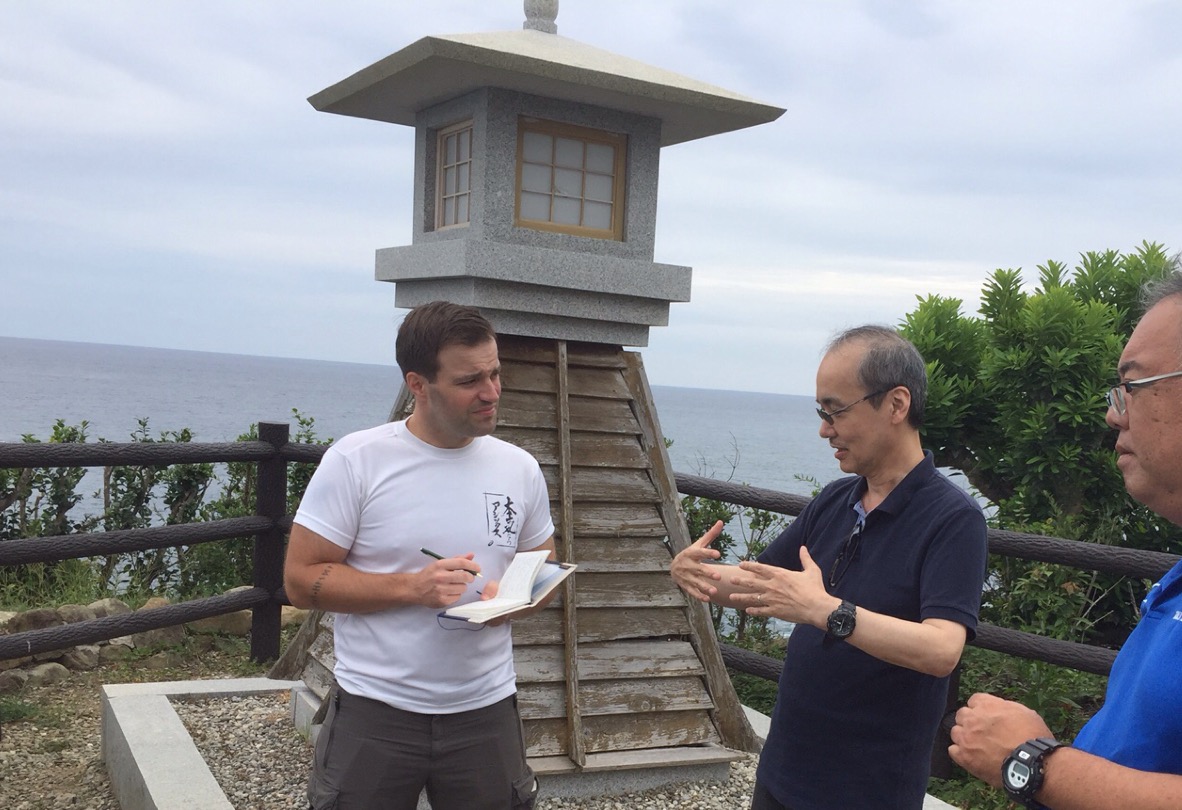The recent reports of the Intergovernmental Panel on Climate Change (IPCC) and the World Wide Fund for Nature (WWF) paint a rather bleak picture of the world’s future. But alas! All is not lost. After all, environmental and cultural protection are still guiding narratives in international law- and policy-making. For example at the International Whaling Commission (IWC), writes our grant receiver Nikolas Sellheim.
The 67th meeting of the IWC took place in Florianópolis, Brazil, and was marked by emotional testimonies, heated discussions and deep divisions. The IWC was established in 1946. But in 1982 it decided on a moratorium on commercial whaling. This caused deeply running divides in the Commission that have persisted until today.
The reason is that countries like Japan still aim to hunt whales commercially based on scientific data and need. Others, such as Australia, rather see whales fully protected from extractive use, also using scientific arguments as well as highlighting a lack of need for whaling countries to support their claims. Science speaks against science, need speaks against need, it seems.
My suggestion would be to step away from arguments based on science or need, but rather to look at the cultural aspects of whales in the societies of the IWC member states. Because I think here lies the crux of the issue: neither side understands what the whale means culturally.
The establishment of a Whale Culture Committee or something similar could help bridging the divide amongst IWC members and contribute to a better cultural understanding of each other. Because it’s not about science, needs and whaling. It’s about ‘the whale’ and what it means on a normative basis in different countries.
Using or protecting whales? Or both?
It all started so harmoniously when the IWC adopted new quotas for Aboriginal Subsistence Whaling (ASW), which is exempt from the moratorium on commercial whaling. Aboriginal peoples in the US (Makah and Alaskan Eskimos), Russia (Chukchi), Greenland and St Vincent & The Grenadines (Bequians) are allowed to hunt small numbers of whales. For example, between 2013-2018, Greenlanders were allowed to take 19 West Greenland fin whales per year. The new quotas will be set in November 2018. These quotas will then be renewed automatically in 7 years, based on scientific data.
After the vote, a sense of relief grabbed the IWC because many of the arguments were based on scientific concerns and not on principal criteria as in previous votes. This raised hopes amongst countries aiming to lift the moratorium that science and not principal opposition against whaling would be the way forward. After all, the Scientific Committee of the IWC does not object to a limited commercial whale hunt.
Particularly Japan, the most outspoken supporter of commercial whaling, now hoped for a majority for its Way Forward Proposal, which saw a partial lifting of the moratorium and thus a quota for its whaling communities.
Shattered Hopes
Directly after the ASW vote, discussions on the Japanese proposal vis-à-vis Brazil’s proposal on the Florianópolis Declaration began. The latter saw an increasing move towards more protection of whales. Much to the dismay of Japan and others, the majority of states supported Brazil’s proposal and the Commission adopted the Florianópolis Declaration. Although not legally binding, it normatively shifts the work of the IWC against the extractive use of whales since it, amongst other things, “affirms that commercial whaling […] is no longer a necessary economic activity […].” Any science-based argument based on which the moratorium could be partially lifted has thus receded into the distance.
Japan and others were deeply frustrated and irate interventions followed. Yet, nobody left the IWC! But it seems the divisions run so deep that it is a matter of time until Japan, and others, leave the Commission for good. After all, Japan returns home in order to “reassess” its position, which could mean seeking approval from the Diet before officially announcing its withdrawal.
Where to?
This was my second time at the IWC and it is interesting to see how states that usually are on very good terms with each other like Japan and Brazil, throw verbal punches at each other, accusing each other of dishonesty and manipulation. Also observer NGOs mistrust each other. If one belongs to the ‘wrong side’, you are being ostracised by the ‘right side’. Whether this can ever be overcome is impossible to say.
But I firmly believe that a strategic cultural assessment of ‘the whale’ in the Commission would contribute to a line of communication and understanding. After all, dialogue based on goodwill has never harmed anyone.


